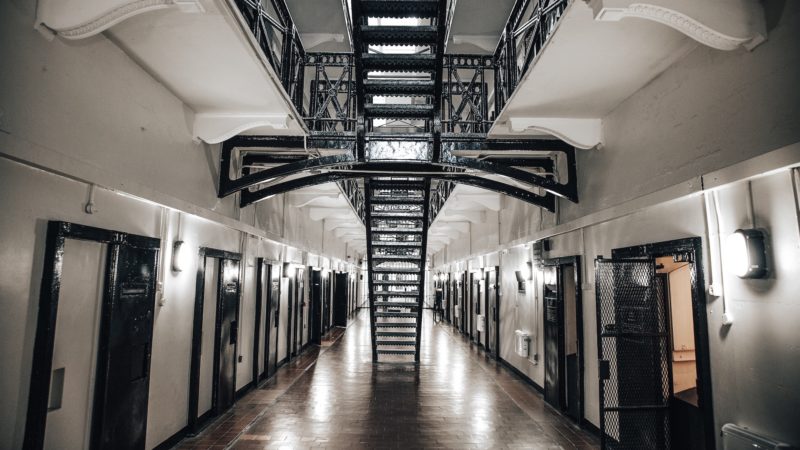
The spread of Covid-19 is creating remarkable challenges for our public services. Whilst the focus has understandably been on our National Health Service and care sector, the government and media should not overlook the immense pressures being seen in prisons. There is an emerging public health crisis that the Ministry of Justice appears unable to confront.
Prisons, after years of underfunding and a failure to reform short-term sentencing, are severely overcrowded. The ten most overcrowded prisons have over 150% capacity. Swansea prison, for example, is designed for a capacity of 250 men, but currently holds 436 inmates. Prisons are a perfect environment for the virus to spread quickly.
Every other institution where hundreds of people live in close proximity, sharing essential resources, has been disbanded during the lockdown. Prisons are the exception, and accordingly pose a significant public health risk to the prison population but also to local NHS services.
The government apparently understands this concern. Two weeks ago, the Ministry of Justice stated that “risk-assessed prisoners who are within two months of their release date will be temporarily released from jail as part of the national plan to protect the NHS and save lives”. This followed an announcement last month that pregnant inmates (it may surprise many that there are such a cohort) shall be released as well.
At the time of writing, the Justice department had managed to release just 20% of pregnant prisoners. Of the 4,000 prisoners planned to be temporarily released – a step deemed essential to save lives – only 30 have been released. This week, it emerged that six of those releases were done in error, and did not fulfil the risk assessment requirements. They had to be recalled. Meanwhile, the virus spreads through the prison population swiftly, with half of prisons now having a confirmed case. Public Health England suggests that 15,000 inmates need to be released to avoid an epidemic in prison.
Due to the error in releasing six individuals, the scheme has been suspended. It is a remarkable failure from the Ministry of Justice, and has been a catalyst for legal action from the Howard League for Penal Reform. The criteria for the group being released is already too narrow, but the failure to administrate the scheme competently – putting lives of prisoners and NHS workers at risk – is damning.
Another issue overlooked by the MoJ is what happens to those that are released during this period. The 5,000 prisoners released each month because their sentence has to come to an end are re-entering a closed society, unable to access the most basic services. Research from the charity Switchback – who work with released offenders – show that 42% of young prisoners from London on release are homeless, and a third have no bank account or any formal identification document. They receive £46 as a discharge grant (a figure which shockingly has not risen since 1996). During this period, they are less likely to be welcomed back by family members for fear of spreading the virus. They are alone, without anywhere to be during the lockdown. This lacuna, albeit representing a small chunk of the population, could lead to pressures for our public services at a time when they are already stretched almost beyond breaking point.
Of course, this is not just a health challenge, but a moral one too. Reports in the media suggest that prisons are now attempting to cope with a skeletal staff, with a third of prison and probation staff off work. Prisoners – including youth offenders – are often left in their cells for 23 hours a day. There are reports of prisoners being forced to defecate in their cells with no access to toilet facilities. In Italy, riots broke out in prisons. It would come as no surprise if similar events occurred here.
Ultimately, there can be no doubt that prisoners have and will die as a result of the failure to take reasonable steps to mitigate the risk and effect of coronavirus in our prisons. When this is over, and the review of the Government response takes place, the Ministry of Justice will have many questions to answer.




More from LabourList
Government abandons plans to delay 30 local elections in England
‘The cost of living crisis is still Britain’s defining political challenge’
‘Nurses are finally getting the recognition they deserve’